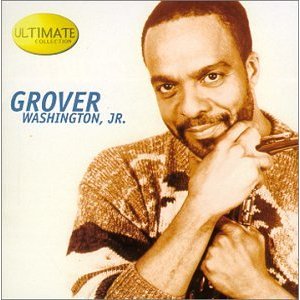
Saxophonist Grover Washington, Jr.
Diaa Bekheet | Washington, DC – I don’t usually listen to music while I study. I’m the kind of person who needs to have my room door closed and have the sound of silence reigning before I can focus. But as a college student, I remember one day as I was studying with two friends on the eve of our 1982 college final exams, suddenly, this particular song, “Just the Two of Us”, by Grammy winning jazz saxophonist Grover Washington, Jr. broke the silence and electrified me. It was blaring from my brother’s cassette recorder down the hall. The awesome song took hold of us. “Just the Two of Us” was a huge hit on Radio Cairo in the spring of 1982, and it always brings nostalgic moments for me and my college mates. It has kept playing over and over in my head for a long time.
“Just the Two of Us” appears on Washington’s 1981 Winelight album, considered one of the best R&B-Soul-Jazz albums of all time. It was recorded by Grover Washington, Jr. and Bill Withers, and won a Grammy Award for Best R&B Song. It reached Number 2 on the Billboard’s Adult Contemporary Tracks chart and the Billboard Hot 100. “Just the Two of Us” was also extremely popular in Cairo, Egypt, in 1982 although “Bette Davis Eyes” was the highest seller. The extremely popular song also appears on his album Ultimate Collection.
Many young Americans will remember the song from the 1987 commercial for breath freshening Dentyne gum. It also inspired Hollywood star Will Smith whose rap video version focuses on the relationship between a father and son instead of love between a couple. It features clips of fathers with their children, including Smith playing with his son, and other celebrity fathers such as R&B singer Kenneth “Babyface” Edmonds, professional basketball player Magic Johnson and boxing champion Muhammad Ali, whom Smith later played in the biopic Ali.
http://www.youtube.com/watch?v=bRm8g3UTZzQ
Many of Grover Washington, Jr.’s albums proved that he was a new force to be reckoned with in jazz, soul and R&B, particularly his 1974 album Mister Magic, which climbed to number 10 in Billboard’s Top 40 album chart. It was a major commercial success.
|
Grover’s Discography |
|
Listen to VOA Arabic Tribute to Grover Washington, Jr. December 1999: [The Best Is Yet To Come, Take Five, and Mister Magic]
[audio:http://www.voanews.com/MediaAssets2/english/2012_03/Grover_washington_jr_Dec1999_JC-USA.mp3]Washington was born in Buffalo, New York in December 1943. His parents were musicians. He grew up listening to jazz music by famous musicians such as clarinetist Benny Goodman, pianist Fletcher Henderson, saxophonist John Coltrane, and others like them. At the age of eight, he began playing a saxophone gifted to him by his saxophonist father. In the early 1960s, Washington worked on and off in New York City until he moved to Philadelphia in 1967. In 1970 and 1971, he appeared on acid jazz & soul jazz organist Leon Spencer‘s first two albums, together with drummer Idris Muhammad and guitarist Melvin Sparks. He also worked as a sideman with many acclaimed artists, including singer Kathleen Battle, guitarist Kenny Burrell, saxophonist Dexter Gordon, trombonist Urbie Green, trumpeter Gerry Mulligan and others.
Washington, who blended R&B with jazz on his saxophone, has inspired many musicians, including renowned saxophonists Kenny G and Boney James who is still playing the same mix. “When I was about 13 years old, I heard Grover Washington Jr. for the first time. He was the first guy I heard who was combining R&B music that I loved, with the saxophone that I also loved,” said James in an interview with VOA’s Jazz Beat. “That’s the sort of tradition that I’m still playing.”
On December 17, 1999, Grover Washington, Jr. died from a massive heart attack. He was 56. There’s a large mural of Grover Washington, Jr. at the intersection of Broad and Diamond Streets in the main campus at Temple University in Philadelphia, Pennsylvania. The mural is part of the Philadelphia Mural Arts Program, which was launched in 1984 to eradicate the graffiti crisis plaguing the city.
http://www.youtube.com/watch?v=oIWZBn6UlGc
For more on jazz music, listen to VOA’s Jazz America

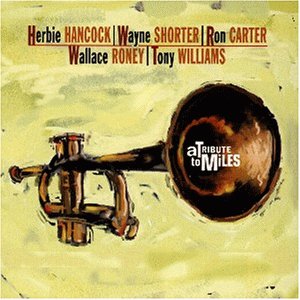
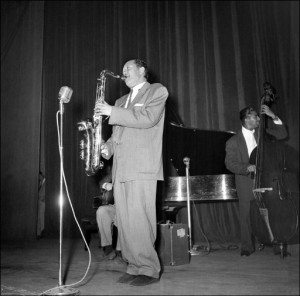

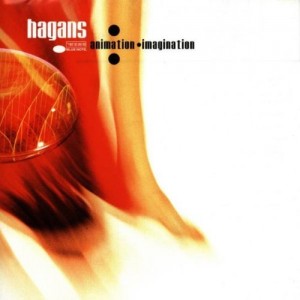
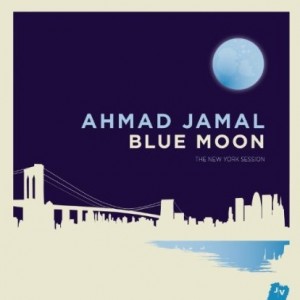
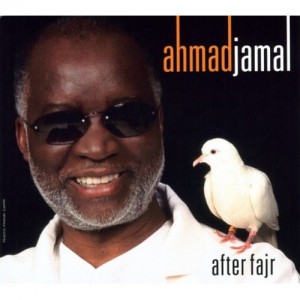
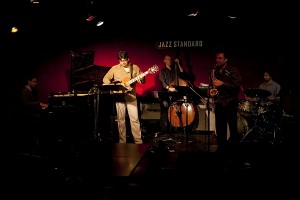

 In fact, he broke the Greek National swimming record for the men’s 50-meter freestyle event at age 14. Yanni left Greece to college in the United States. During that time, he played with various rock and roll bands. The musician credits that experience with helping him develop his own original music style. After graduating from the University of Minnesota in 1976 with a B.A. in psychology, Yanni moved to Los Angeles in pursuit of work on movie soundtracks.
In fact, he broke the Greek National swimming record for the men’s 50-meter freestyle event at age 14. Yanni left Greece to college in the United States. During that time, he played with various rock and roll bands. The musician credits that experience with helping him develop his own original music style. After graduating from the University of Minnesota in 1976 with a B.A. in psychology, Yanni moved to Los Angeles in pursuit of work on movie soundtracks.